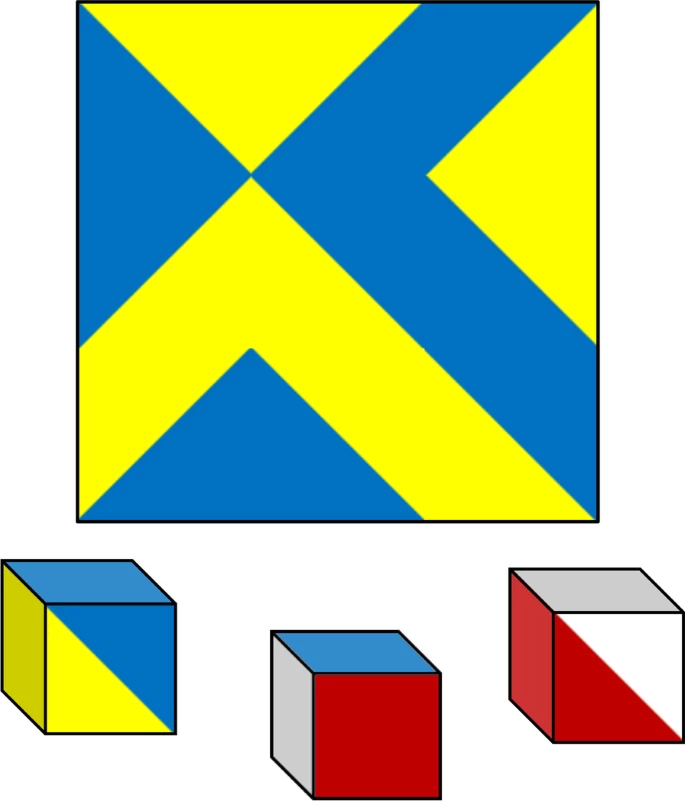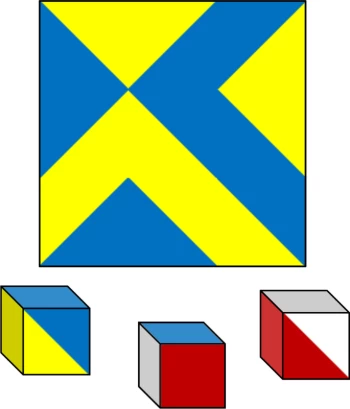Spatial reasoning is the ability to visualize and manipulate objects in the mind's eye. It is a crucial cognitive skill that is used in a variety of tasks, including math, engineering, and navigation. Spatial reasoning is also strongly correlated with IQ, which is a measure of a person's cognitive abilities.
In this article, we will explore the relationship between IQ and spatial reasoning, and the implications of this relationship for education and cognitive development.
Spatial Reasoning and IQ
Studies have consistently found a strong correlation between spatial reasoning and IQ. In fact, some researchers argue that spatial reasoning is the most important component of IQ. This is because spatial reasoning requires a variety of cognitive skills, including visual-spatial perception, attention, memory, and problem-solving.
One study published in the journal Intelligence found that spatial ability is the best predictor of overall intelligence, even when compared to other cognitive skills such as verbal reasoning and working memory. Another study published in the Journal of Educational Psychology found that spatial ability is a better predictor of academic performance than either math or verbal ability.
These findings suggest that spatial reasoning is an important component of intelligence, and that it may be a key factor in academic success. However, it's important to note that IQ is influenced by a variety of factors, including genetics, environment, and education. While spatial reasoning is an important cognitive skill, it's not the only factor that contributes to IQ.
Implications for Education and Cognitive Development
Given the strong correlation between spatial reasoning and IQ, it's clear that spatial skills should be emphasized in education. This can be done in a variety of ways, including incorporating spatial tasks into math and science curricula, using 3D visualizations in textbooks and online resources, and providing opportunities for students to engage in spatial reasoning tasks such as puzzles and building activities.
Furthermore, spatial reasoning can be developed and improved with practice. This means that educators should provide opportunities for students to develop their spatial skills, and that students should be encouraged to engage in activities that require spatial thinking.
In addition to its implications for education, the relationship between IQ and spatial reasoning has broader implications for cognitive development. As spatial reasoning is a key component of intelligence, it is likely that the development of spatial skills is critical for overall cognitive development.
Spatial reasoning is an important cognitive skill that is strongly correlated with IQ. While spatial reasoning is just one component of IQ, studies have consistently found that it is a key predictor of overall intelligence and academic success. This suggests that spatial skills should be emphasized in education, and that students should be encouraged to engage in activities that require spatial thinking. By doing so, we can help to promote cognitive development and support academic success.







